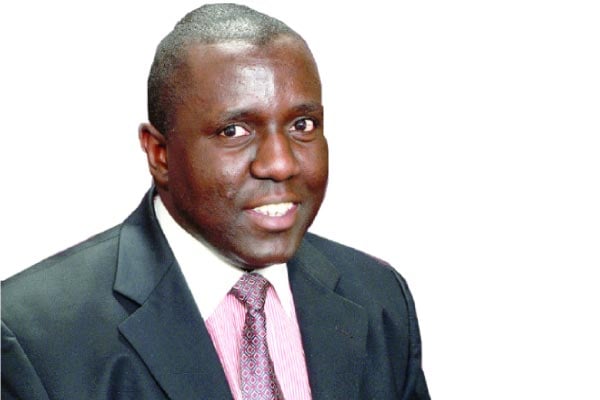
Author: Moses Khisa. PHOTO/FILE
Earlier in the week, we got news that President Museveni had sacked three members of the leadership of Kampala Capital City Authority (KCCA) – the executive director, her deputy, and the director of Public Health.
As a mark of just how low we have gone with standards expected in Uganda’s public sector, many have praised the President and applauded the move. In a serious country though, by the time of Kiteezi, Kampala’s leadership should have long resigned or been sacked for sheer incompetence and appalling performance. But since they were still around, in the wake of Kiteezi they should have resigned at once.
Taking responsibility for what has gone wrong is not in the culture of Uganda’s current holders of state power and their lackeys at different levels. The shamelessness is astounding. Kampala is a joke of a city. A few things are laudable, and no doubt some allures of the city are irresistible (the social life and generally inexpensive cost of many basics).
For the most part though, Kampala is a terrible place. But the fate of Kampala is especially the clearest indictment of the disastrous failure of the current crop of rulers. They have had a solid four decades of uninterrupted stay at the helm during which they could have pulled off a lasting transformation of what, for all practical purposes, is Uganda’s only true city.
When you consider that perhaps as much as two-thirds of Uganda’s economic output and wealth concentration is within the wider Kampala metropolitan area, or at least half of our total national economic output is in Kampala central business district, how in the world can we have such a horribly run national capital and be content with it? What is more, Kampala is Uganda’s seat of power. The ruler-in-chief operates from Entebbe where the State House, the residence of the presidency, is officially located.
But Kampala is the actual capital where the national legislative, the Judiciary and the office of the president are housed. Pretty much all government ministries, departments and agencies are based in Kampala. Every public entity of notable importance and consequence is headquartered in Kampala. All major and influential private sector actors and business corporations are based in Kampala. Uganda’s premier university, in fact our only truly unmatched campus with enviable international repute – Makerere University – is based in Kampala.
The list is inexhaustible. What all this means is that if the current rulers had to do anything for which credit would be obvious, and would leave an indelible legacy, it is ensuring that this one capital and the citadel of everything that matters is a decent and decorated place. Instead, Kampala has progressively become filthy and a symbol of national embarrassment. During the first 25 years of Mr Museveni’s rule, up to 2011, Kampala was largely under the political control of groups and individuals for the most part characterised as Opposition. Members of the Democratic Party and others associated with the broader array of forces opposed to Mr Museveni’s rule held key political offices and most elective positions in the city. While they had political power from the voters, they had little control over the purse.
Incensed by the defiant, indeed recalcitrant, Kampala voter who elected people he did like, and perhaps driven by a genuine sense of wanting a better-governed capital, Mr Museveni and his ruling cabal engineered a new legislation that introduced a technocratic leadership over Kampala, appointed by the President, to boot a whole Cabinet ministry to routinely supervise the leadership on behalf of the top appointment authority.
Thus, the creation of KCCA under an executive director. In doing this, Kampala was now under the direct control of Mr Museveni both financially and leadership, its budgetary power and executive authority both derive from the will of the ruler-in-chief. Nearly 15 years later, problems have mounted. Kampala is unable to cope with population pressures and overbearing demands on a thin physical infrastructure. Sacking the executive director makes no difference. The former ED too could have been sacked; she was wise enough to resign. Rather than sack the ED of KCCA, a certain General Museveni needs to sack Mr Museveni!




